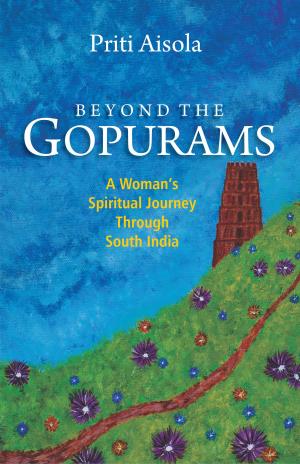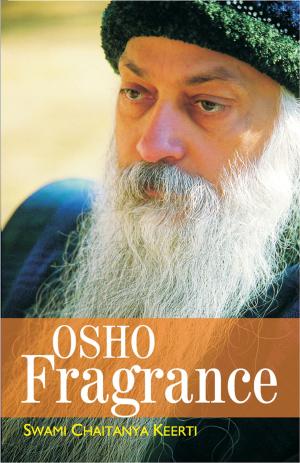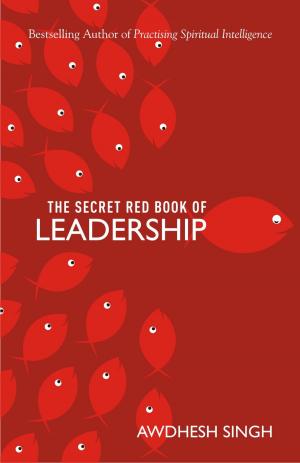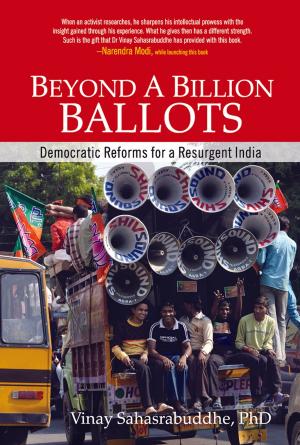| Author: | OP Singh | ISBN: | 9788183283526 |
| Publisher: | Wisdom Tree Publishers | Publication: | January 5, 2010 |
| Imprint: | Wisdom Tree Publishers | Language: | English |
| Author: | OP Singh |
| ISBN: | 9788183283526 |
| Publisher: | Wisdom Tree Publishers |
| Publication: | January 5, 2010 |
| Imprint: | Wisdom Tree Publishers |
| Language: | English |
First Hand Accout of Play for India, the Initiative that Attracted Millions of Sports in Harayan Sports in developing countries is often hand-wrenching over losses in glitzy events, mostly occasions for rich countries to predictably and persistently prove their supremacy. They rarely value sports role in inculcating key personality differentiators among growing children, channeling youths energy in constructive pursuits and building fair, competitive and inclusive societies. They seldom pay heed to what Duke of Wellington is popularly believed to have said while revisiting Eton, the school that has given England nineteen Prime Ministers, including the present one: The battle of Waterloo was won on the playing fields of Eton. Lack of sports at the grassroots in developing countries, the author believes, is not as much about lack of facilities or opportunities. It is about lack of awareness and self-destructive affinity for physical inactivity. India, for example, may be the second most populous country in the world but its playing population-number of people spending couple of hours in playgrounds five days a week-may not be more than a hundred thousand. Say Yes to Sports explores sports role in Indias evolution as a country and argues for Right to Play as the way out of the present stalemate. It decodes Play for India, the performance-linked sports promotion program that attracts millions of children to playgrounds in Haryana every year. Most importantly, it asserts and assures that it is important and possible to build a popular sports culture. Say Yes to Sports seeks repositioning of sports as a service sector industry with income and employment opportunities around extra-scholastic skills for millions of enterprising youth. This way, the author believes, sports can help in engaging vulnerable and alienated youth productively and effectively. The book also has lessons in Indias business ecosystem for people navigating the treach
First Hand Accout of Play for India, the Initiative that Attracted Millions of Sports in Harayan Sports in developing countries is often hand-wrenching over losses in glitzy events, mostly occasions for rich countries to predictably and persistently prove their supremacy. They rarely value sports role in inculcating key personality differentiators among growing children, channeling youths energy in constructive pursuits and building fair, competitive and inclusive societies. They seldom pay heed to what Duke of Wellington is popularly believed to have said while revisiting Eton, the school that has given England nineteen Prime Ministers, including the present one: The battle of Waterloo was won on the playing fields of Eton. Lack of sports at the grassroots in developing countries, the author believes, is not as much about lack of facilities or opportunities. It is about lack of awareness and self-destructive affinity for physical inactivity. India, for example, may be the second most populous country in the world but its playing population-number of people spending couple of hours in playgrounds five days a week-may not be more than a hundred thousand. Say Yes to Sports explores sports role in Indias evolution as a country and argues for Right to Play as the way out of the present stalemate. It decodes Play for India, the performance-linked sports promotion program that attracts millions of children to playgrounds in Haryana every year. Most importantly, it asserts and assures that it is important and possible to build a popular sports culture. Say Yes to Sports seeks repositioning of sports as a service sector industry with income and employment opportunities around extra-scholastic skills for millions of enterprising youth. This way, the author believes, sports can help in engaging vulnerable and alienated youth productively and effectively. The book also has lessons in Indias business ecosystem for people navigating the treach















